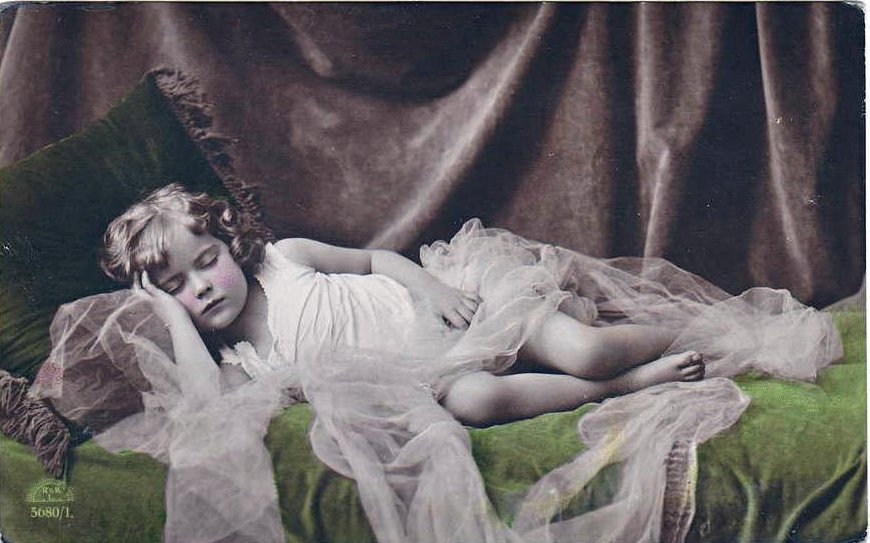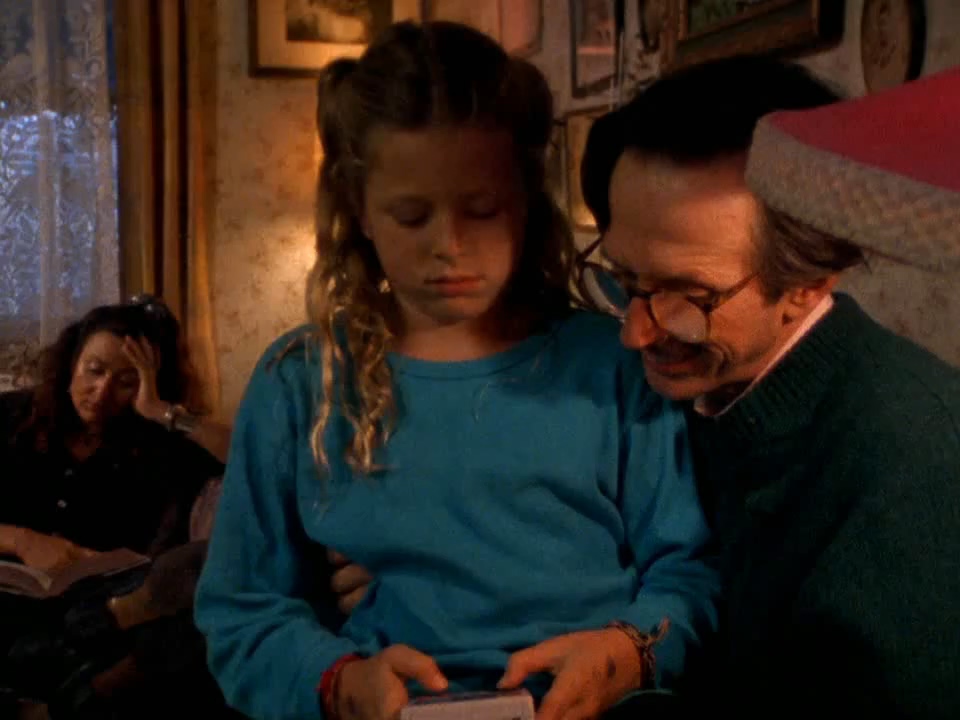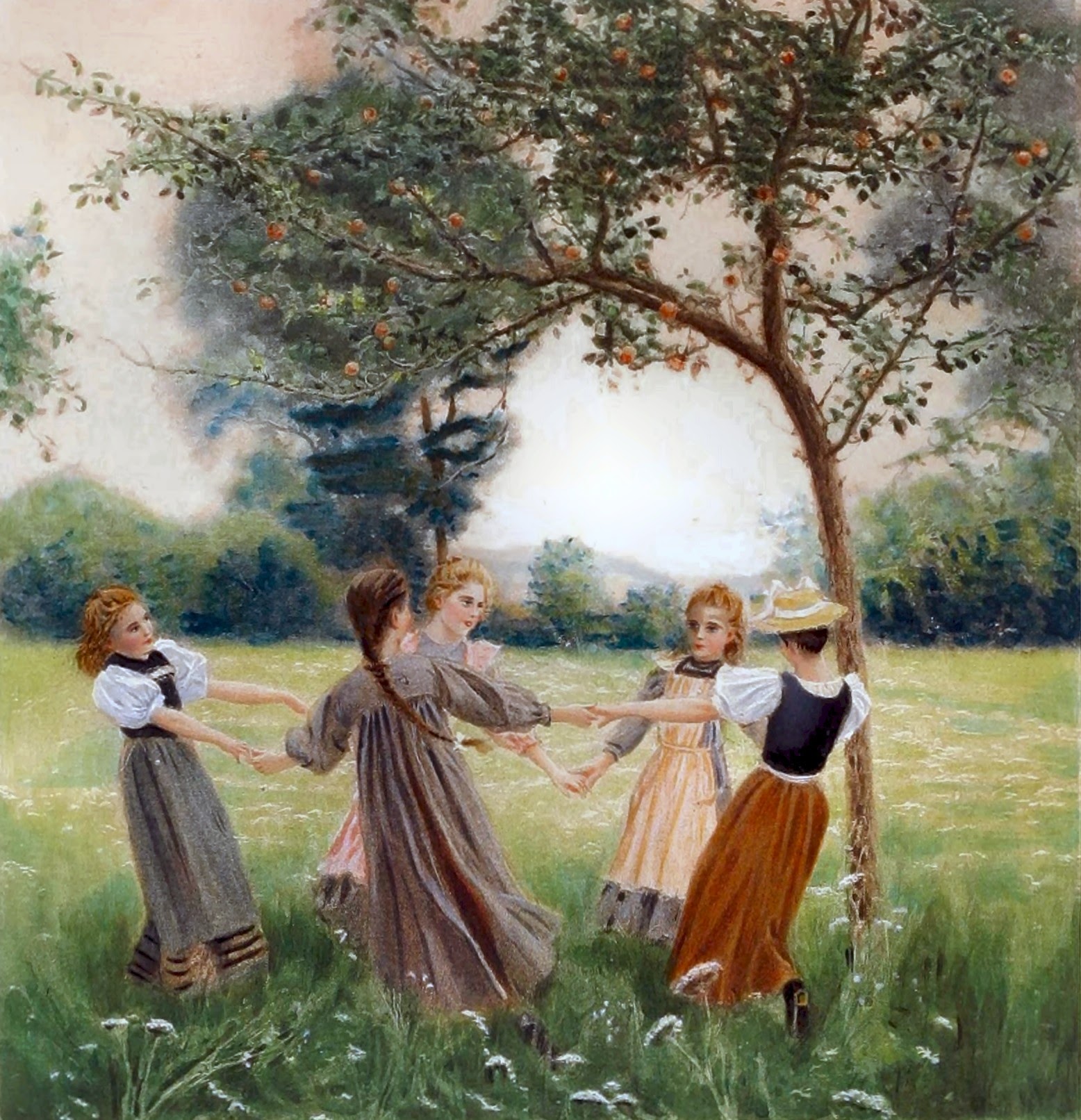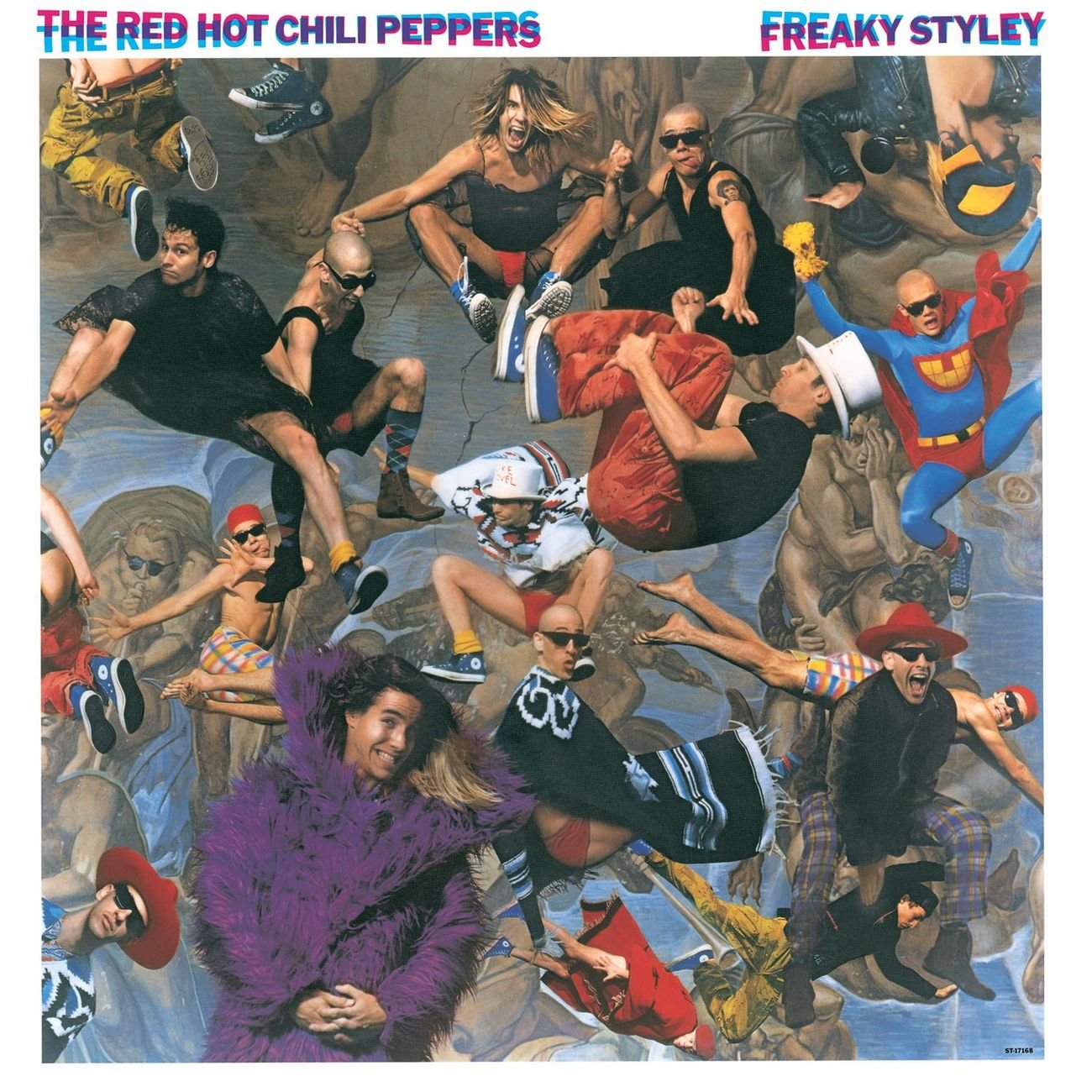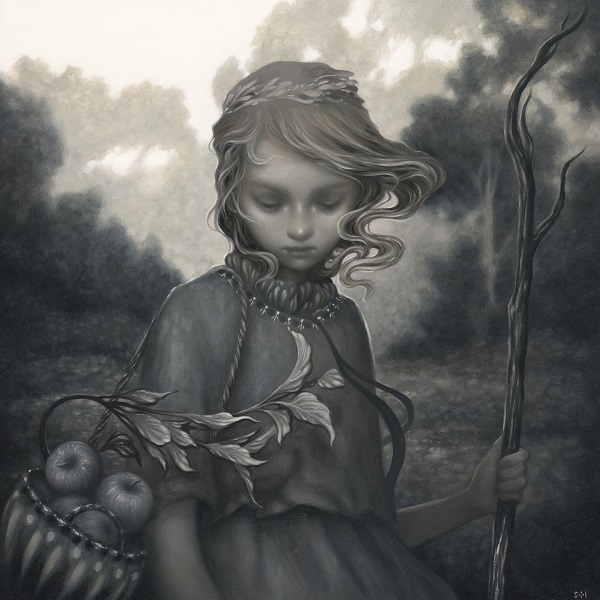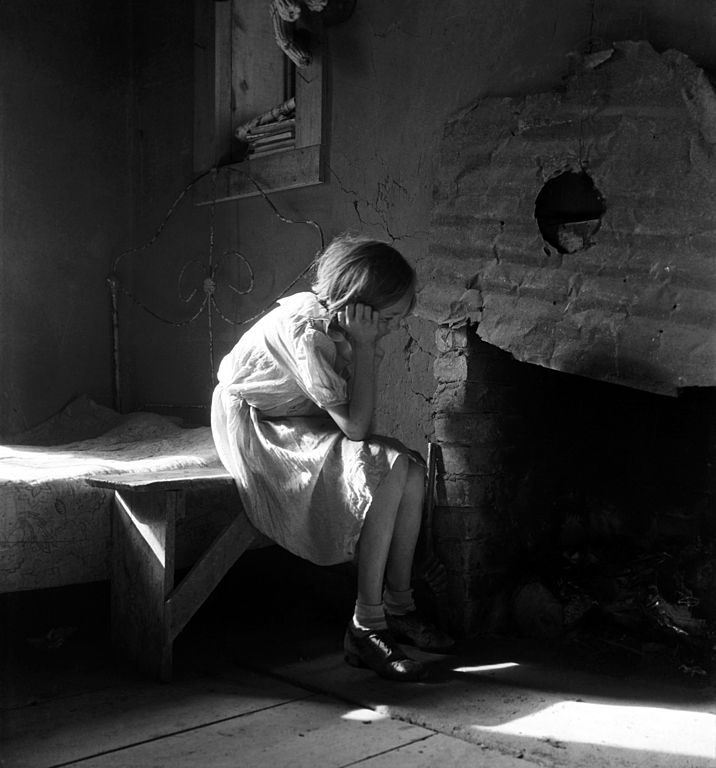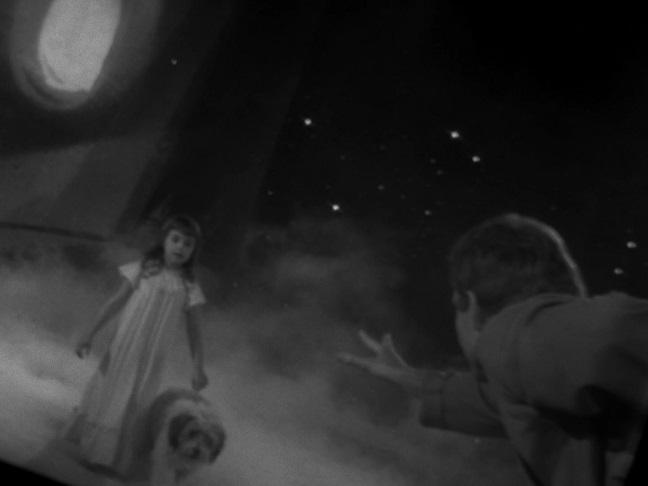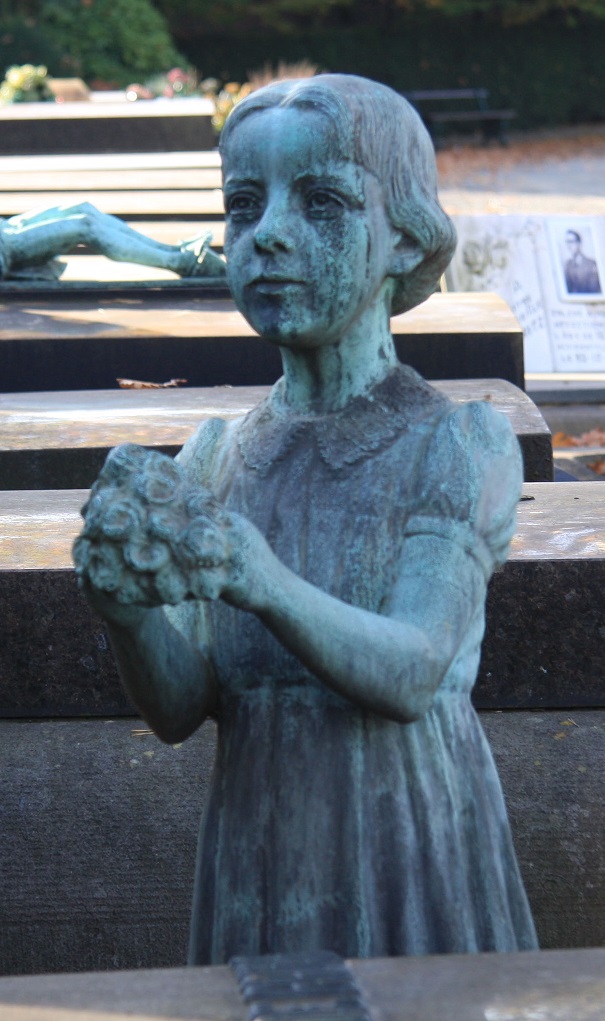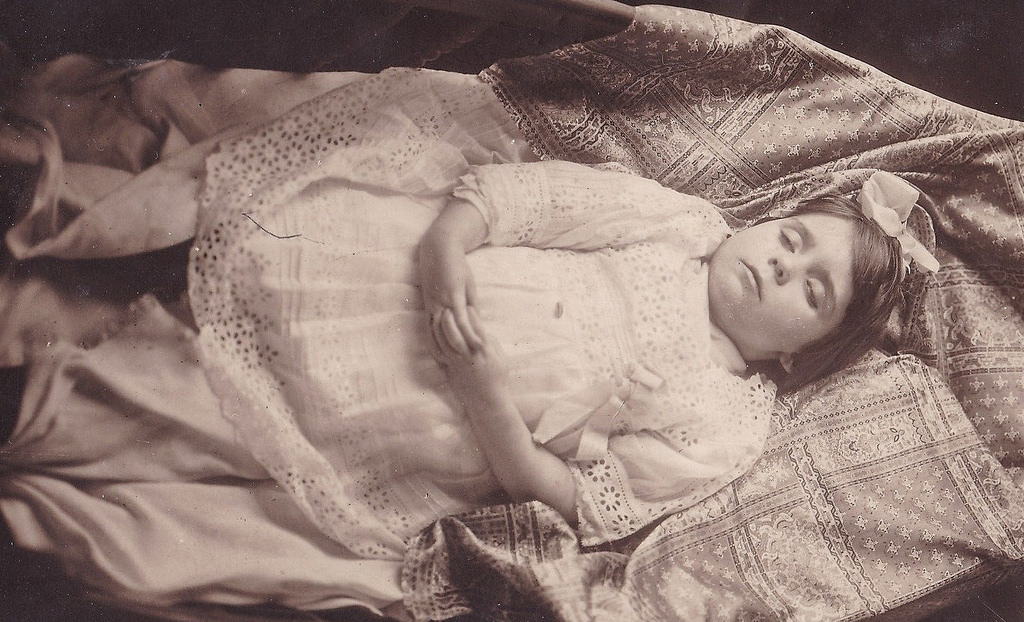
Dowson wrote several poems about the death of a child. The best known one is probably “The Dead Child “in the volume Decorations published in 1899. In it, the poet wishes to be dead, to share the child’s rest.
The following poem comes from his collection Poésie Schublade (“Drawer Poetry”), which was published only posthumously. It was probably written in the middle 1880’s. CONTINUE READING / CONTINUER LA LECTURE…



